The Cessation of Democratic Order: How Capitalism is Killing Democracy
It was supposed to be a match made in heaven. Capitalism and democracy, as we’ve been told since we were little, are the only two ideological pillars capable of creating a utopian society that brings about political liberation and economic prosperity to its citizens. Yet today, the belief that if capitalism succeeds so does democracy remains questionable, and in some cases, completely deceiving.
The issue with concluding that capitalism and democracy are intrinsically inseparable from one another is due to the underlying motives between the two. When you analyze the purpose of capitalism and the purpose of democracy, you start to wonder why the United States has pushed the notion that we can’t have one without the other. Capitalisms main goal is to generate profit-orientated trade and an unbalanced distribution of it, whereas democracy strives to diminish hierarchy and develop a government and economy that is beneficial to the people of the nation. According to Wolfgang Merkel, a professor of comparative political science and policy research at Humboldt University, Berlin, the tensions between both capitalism and democracy began during the first postwar decades, due to the “socio-political embedding of capitalism by an interventionist tax and welfare state.” Since then, capitalism has been completely financialized within the U.S.—forcing socio-economic inequality to rise and transform into political injustice. This deregulation of markets has left it extremely hard for the United States to govern, and has questioned what the overall objective of the US government actually is: Is the objective to create market freedom that influences and represents the political aims of the United States, or is the objective to create a democracy that’s goal is to institute political freedoms, which, in turn, represents the aim of the U.S. market? As the gap between economic classes continues to widen, it becomes harder and harder to disagree that capitalism and mass consumerism within the United States hasn’t become oligarchic.
Kill or Be Killed
So why has capitalism strengthened within the U.S. while democracy has continued to weaken? According to Robert Reich, former U.S. Secretary of Labor and professor of public policy at the University of California, Berkeley, “Democracy has become enfeebled largely because companies, in intensifying competition for global consumers and investors, have invested ever greater sums in lobbying, public relations, and even bribes and kickbacks, seeking laws that give them a competitive advantage over their rivals,” This, in turn, results in a race for political influence and power between competing organizations, ultimately oppressing the voice of the average American citizen within the political sphere. And as many corporations continue to write their own rules and regulations, the issue of morality and what’s okay and not okay comes into play.
The problem with allowing these corporations to have any sort of influence on politics or the U.S. economy is the fact that their primary focus is not on what is good for American citizens, but rather what is good for accelerating their company’s profits. “The purpose of democracy is to accomplish ends we cannot achieve as individuals,” Reich said. “But democracy cannot fulfill this role when companies use politics to advance or maintain their competitive standing, or when they appear to take on social responsibilities that they have no real capacity or authority to fulfill.” According to Reich, these corporations who significantly impact U.S. politics leave many communities “unable to address the tradeoffs between economic growth and social problems such as job insecurity, widening inequality and climate change.” As a result, the real issues that are affecting both our nation and our globe inevitably get neglected, while mass consumption and economic disparity continues to manipulate and define our country.
The overall issue with capitalism is that it creates a level of economic inequality and political disparity between American citizens and large corporations. A perfect example of this is the pharmaceutical industry within the United States. Because the U.S. doesn’t regulate drug and supply prices, pharmaceutical companies have the advantage of negotiating contracts directly with hospitals and insurance providers, which in turn determine healthcare costs in the US. Because of this, many Americans are unable to financially support their medical bills and expenses. According to Shawn Carter, a journalist for CNBC’s Make It, 54 percent of Americans delayed medicinal care for themselves in 2018 due to price. Is the amount of economic power that the United States healthcare industry has in part because of the capitalist economic system? The answer remains uncertain.
Enslaved to a “Free” Market?
Free markets were supposed to lead to freer societies. But as you look at the repercussions that America’s capitalist oligarchy has had on its democratic government, it becomes clearer and clearer that the basic fundamentals of capitalism only leads to the corruption and fall of democracy. So is there really a way that the two can coincide peacefully with one another, without one having greater impact on the political sphere? Only history can be the judge of that.
Your donation will support the student journalists of Saint Louis University. Your contribution will help us cover our annual website hosting costs.



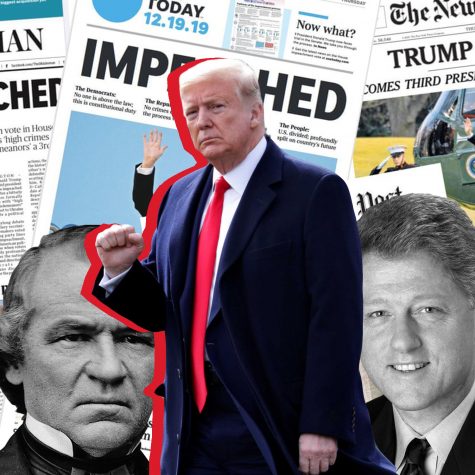
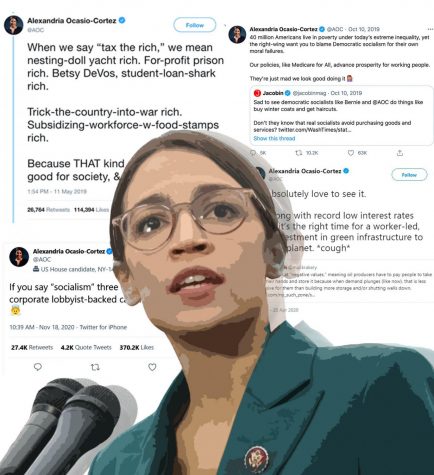
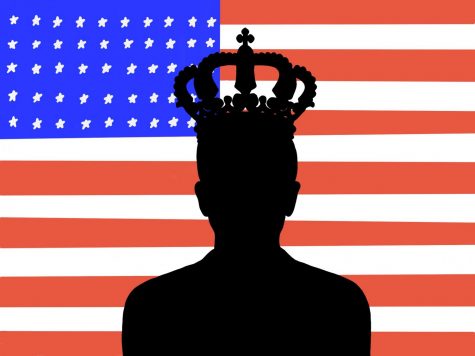
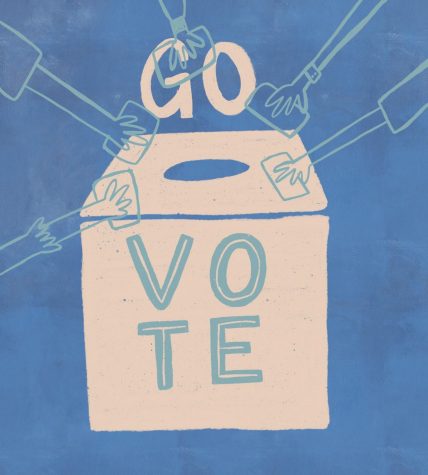
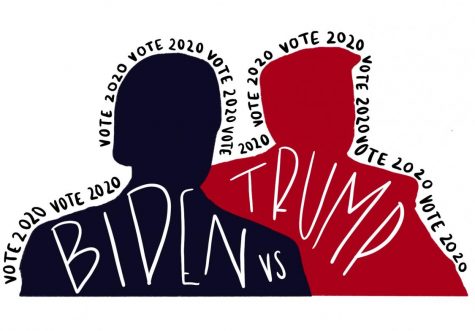


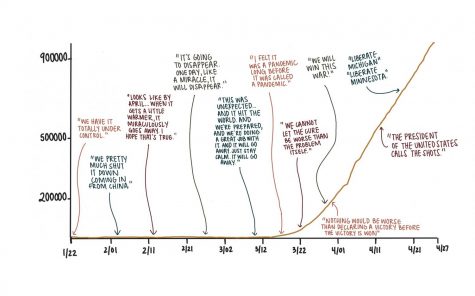
Cory Tellbuescher • Dec 5, 2019 at 2:51 pm
What is the overall benefit of capitalism? Democracy should focus on breaking monopolies and not allow for political influence from big business. What about small business in a free market? In a utopian society democracy would break monopolies to foster competition to allow capitalism and free markets to benefit the entire society.